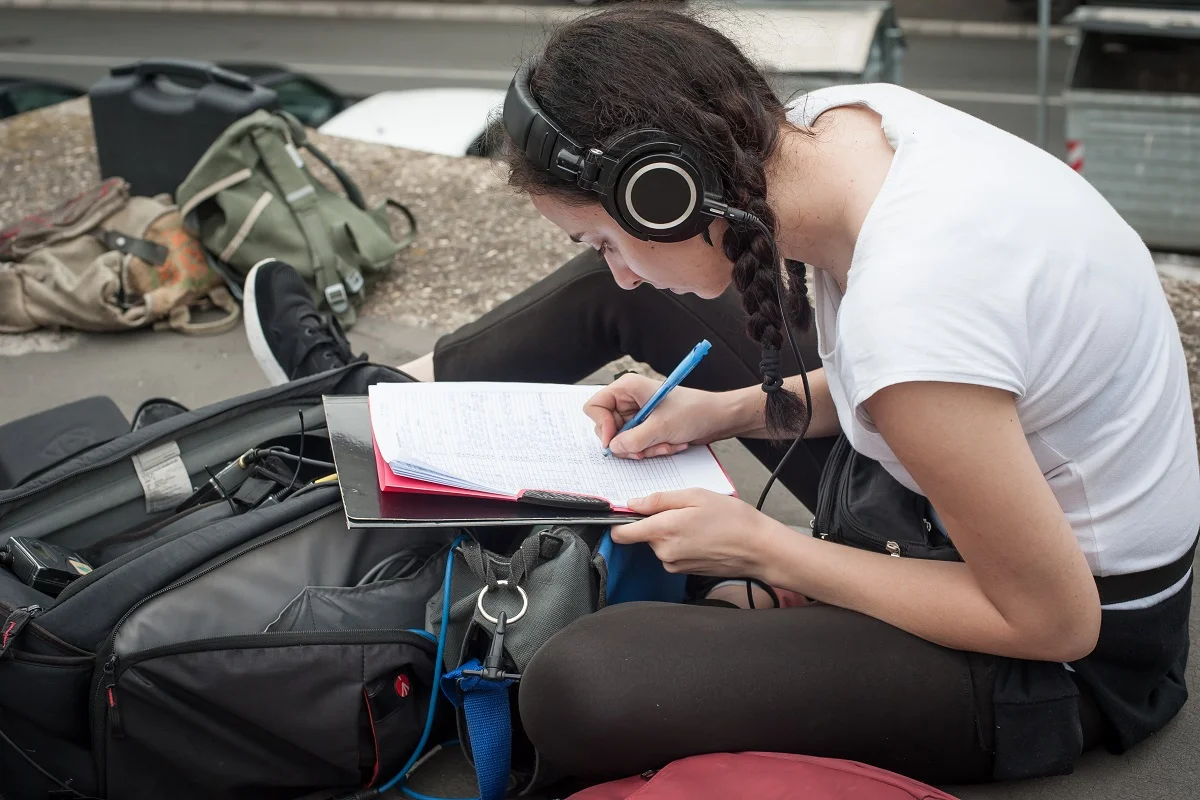In the fast-paced world of journalism, reporters often find themselves in the midst of crisis situations. Whether it’s covering natural disasters, political unrest, or public health emergencies, crisis reporting requires a unique set of skills and preparedness. Journalists are expected to provide accurate and timely information to the public, while also ensuring their own safety and well-being. In the following, we explore the essential steps journalists can take to prepare for crisis reporting and how disaster preparedness plays a crucial role in their work.
1. Stay Informed and Educated
One of the most important aspects of crisis reporting is staying informed about the latest developments in the field. Journalists should regularly update their knowledge about crisis reporting techniques, ethical considerations, and safety protocols. This can be done through various means such as attending workshops, conferences, or enrolling in specialized courses offered by reputable institutions like Yellowbrick. By staying educated, journalists can enhance their skills and be better equipped to handle crisis situations.
2. Build a Network of Contacts
Building a network of contacts is vital for crisis reporting. Journalists should establish relationships with local authorities, emergency services, NGOs, and other relevant organizations. These contacts can provide valuable information, access to resources, and assistance during a crisis. Additionally, having a network of fellow journalists can facilitate collaboration and the sharing of information.
3. Conduct Pre-Reporting Research
Before embarking on a crisis reporting assignment, journalists should conduct thorough pre-reporting research. This includes familiarizing themselves with the geographical area, understanding the cultural context, and identifying potential risks and challenges. It is essential to gather background information on the crisis, such as its causes, impacts, and ongoing relief efforts. This research will not only help journalists in their reporting but also enable them to make informed decisions about their own safety.
4. Develop Safety Protocols
Safety should always be the top priority for journalists reporting in crisis situations. Journalists should develop safety protocols and adhere to them rigorously. This includes wearing appropriate protective gear, carrying essential supplies like first aid kits and emergency communication devices, and having a clear plan for evacuation or escape routes.
5. Maintain Emotional Resilience
Crisis reporting can be emotionally challenging, as journalists often witness and report on traumatic events. It is crucial for journalists to maintain emotional resilience and take care of their mental well-being. This can be achieved through self-care practices like regular exercise, mindfulness techniques, and seeking support from colleagues, friends, or professional counselors.
6. Adapt to Changing Environments
Crisis situations are dynamic, and journalists must be adaptable in their approach. They should be prepared to work in challenging environments with limited resources, unpredictable circumstances, and potential risks. Flexibility, resourcefulness, and quick thinking are qualities that can greatly benefit journalists in crisis reporting. By being adaptable, journalists can effectively navigate the complexities of crisis situations and deliver accurate and impactful reporting.
7. Continual Learning and Improvement
Preparing for crisis reporting is an ongoing process. Journalists should continually seek opportunities to learn and improve their skills. This can involve attending workshops, participating in simulations or drills, and reflecting on past experiences. By constantly striving for growth and improvement, journalists can enhance their abilities to report on crises effectively and responsibly.
Key Takeaways:
- Crisis reporting in journalism requires staying informed, building networks, conducting research, and developing safety protocols.
- Journalists should prioritize safety by wearing protective gear, carrying essential supplies, and having evacuation plans.
- Emotional resilience and mental well-being are crucial for journalists reporting on traumatic events.
- Adaptability, resourcefulness, and quick thinking are essential qualities for journalists in crisis reporting.
- Continual learning and improvement are necessary to enhance reporting skills and responsibly cover crises.
To further enhance your skills in crisis reporting and disaster preparedness, consider enrolling in the NYU | Modern Journalism online course and certificate program. This comprehensive program offers valuable insights, practical knowledge, and expert guidance to help you excel in crisis reporting. By equipping yourself with the right tools and knowledge, you can make a significant impact as a journalist during times of crisis.








